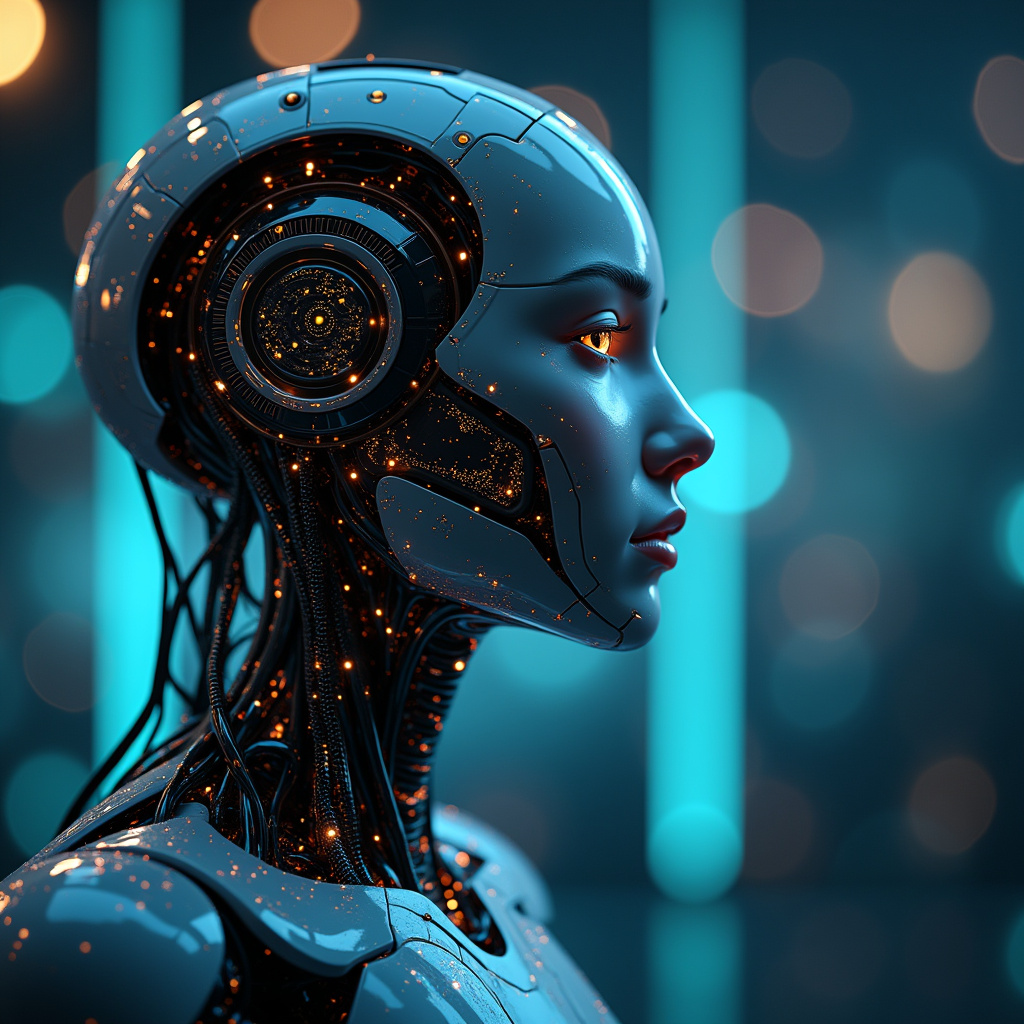Introduction to AI in 2025
As we step into 2025, artificial intelligence (AI) continues to revolutionize our daily lives. From personal assistants to advanced healthcare solutions, AI applications are becoming more sophisticated and accessible. This article explores some of the latest AI applications that are shaping various industries and enhancing our everyday experiences.
AI in Healthcare
The healthcare sector has seen remarkable advancements due to AI technologies. In 2025, AI applications are now pivotal in diagnosing diseases, personalizing treatment plans, and improving patient care. Here are a few key areas where AI is making a significant impact:
- Predictive Analytics: AI tools analyze patient data to predict potential health issues before they arise, allowing for proactive treatment.
- Telemedicine Enhancements: Virtual health assistants powered by AI can conduct preliminary assessments, schedule appointments, and provide medical advice, making healthcare more accessible.
- Robotic Surgery: Precision robots guided by AI algorithms are assisting surgeons, improving accuracy, and reducing recovery times.
AI in Education
Education is another field experiencing a transformation through AI. In 2025, personalized learning experiences are now commonplace. Here’s how AI is changing the educational landscape:
- Adaptive Learning Platforms: These platforms use AI to tailor educational content to individual learning speeds and styles, helping students grasp concepts more effectively.
- AI Tutors: Virtual tutors powered by AI provide additional support to students, offering explanations and resources outside of the classroom.
- Administrative Efficiency: AI automates administrative tasks, allowing educators to focus more on teaching and less on paperwork.
AI in Business
Businesses are leveraging AI to enhance productivity and efficiency. In 2025, AI applications are streamlining operations and improving customer interactions:
- Customer Service Chatbots: AI-driven chatbots are capable of handling customer inquiries 24/7, providing instant responses and freeing up human agents for complex issues.
- Data Analysis: Businesses use AI to analyze large datasets, uncovering insights that drive strategic decision-making.
- Supply Chain Optimization: AI algorithms help companies predict demand and manage inventory, reducing costs and improving service levels.
AI in Everyday Life
AI is becoming a part of our daily routines, making life more convenient and efficient. Here are some everyday applications of AI that are now widely used in 2025:
- Smart Home Devices: AI-enabled devices learn user preferences to automate tasks like adjusting the thermostat or managing lighting, creating a more comfortable living environment.
- Personalized Recommendations: Whether you’re shopping online or streaming movies, AI algorithms analyze your behavior to suggest products or content tailored to your tastes.
- Language Translation: Real-time translation apps utilize AI to bridge language barriers, making communication more accessible across cultures.
Conclusion
As we navigate through 2025, the impact of AI applications is evident in various aspects of our lives. From healthcare to education and everyday conveniences, AI is enhancing our capabilities and making our lives easier. Embracing these technologies not only helps us keep pace with advancements but also opens up new opportunities for innovation and improvement in our daily experiences.




